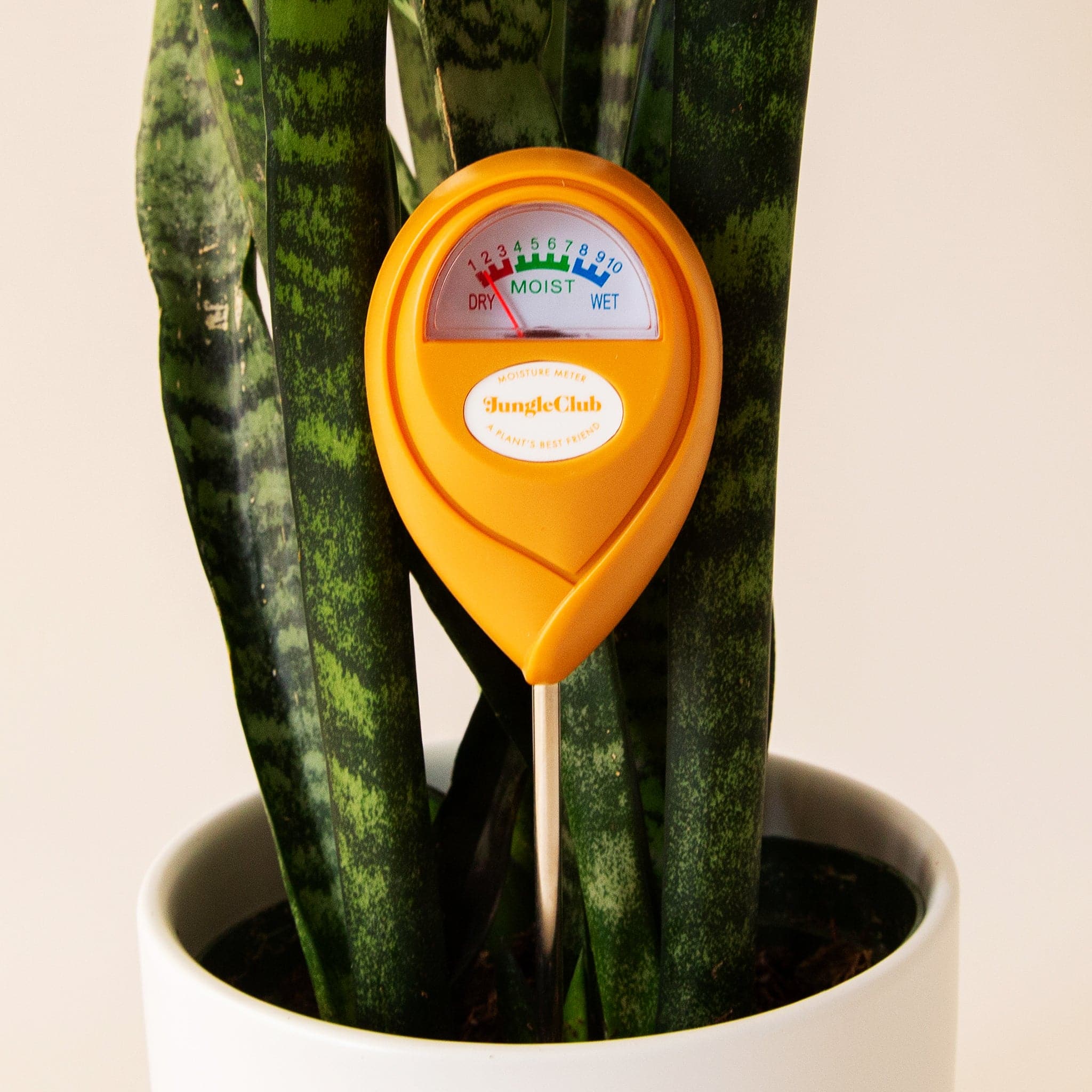The Science Behind Moisture Meters: Exactly How They Function and Why They're Essential
The Science Behind Moisture Meters: Exactly How They Function and Why They're Essential
Blog Article
The Ultimate Overview to Moisture Meters: A Comprehensive Review and Exactly How They Can Conserve You Cash
Moisture meters offer as essential devices in spotting and keeping track of moisture web content in products, helping in preventing costly problems and guaranteeing the quality of products. Comprehending the nuances of various types of moisture meters, their applications, and the potential cost-saving benefits they provide can be a game-changer for professionals and businesses alike.
Kinds Of Dampness Meters
One typical type is the pin-type moisture meter, which measures the electrical resistance in between 2 pins placed right into a product. Pinless wetness meters, on the other hand, usage electromagnetic sensing unit plates to check a bigger area without creating damage to the product's surface.

Infrared moisture meters measure the thermal homes of a product to identify its wetness material non-invasively, making them valuable for applications where pin or pinless meters may not be ideal. Recognizing the different types of moisture meters offered can assist sectors choose the most ideal device for their details dampness dimension requirements.

Advantages of Using Moisture Meters
Moisture meters use invaluable benefits in accurately assessing and keeping an eye on dampness levels in diverse materials and atmospheres. One of the primary benefits of using wetness meters is the avoidance of potential damage created by excess moisture.
Moreover, utilizing moisture meters can result in enhanced energy efficiency. By recognizing areas with high wetness levels, such as leakages or bad insulation, modifications can be made to improve energy preservation and reduce utility expenses. In farming settings, dampness meters play an essential role in enhancing crop returns by allowing farmers to monitor dirt dampness degrees and make educated watering decisions. On the whole, the benefits of using wetness meters span across various industries, offering cost-efficient options and promoting much better high quality control techniques.
Just How to Select the Right Moisture Meter
Picking the appropriate moisture meter entails considering crucial aspects such as material compatibility, measurement array, and calibration precision. When selecting a dampness meter, it's necessary to ensure that the meter appropriates for the specific material you will be screening. Different materials have differing electrical buildings that can influence moisture readings, so selecting a meter made for your material is essential for accurate outcomes. Furthermore, think about the measurement series of the moisture meter. Make certain that the meter can spot moisture levels within the variety required for your applications. Calibration accuracy is an additional important element to maintain in mind. Choose a moisture meter with dependable calibration to make sure regular and precise readings. Some meters might require periodic calibration changes, so understanding the calibration process is essential. By carefully reviewing these variables, you can pick a wetness meter that fulfills your demands and offers precise moisture dimensions for your projects.
Correct Methods for Moisture Meter Use

Cost Cost Savings Through Moisture Meter Applications
How can the strategic utilization of wetness meters lead to substantial expense savings across different markets? In the farming sector, moisture meters help in establishing the ideal time for collecting plants, avoiding over-drying or excess wetness that can affect the last product's high quality.
In a similar way, in construction, wetness meters help protect against expensive damages by identifying dampness levels in structure materials, such as timber or concrete, which can result in structural problems if not resolved promptly. By identifying issue areas early, specialists can take rehabilitative steps to avoid extensive repair services or replacements, ultimately saving time and cash.
In go to these guys addition, in the food processing market, moisture meters are vital for monitoring item high quality and guaranteeing compliance with safety guidelines. By accurately gauging dampness content in food products, producers can protect against putridity, preserve quality, and lower waste, resulting in significant price savings. On the whole, the calculated application of dampness meters is a beneficial financial investment that can lead to significant price reductions and enhanced efficiency throughout different i thought about this industries.
Conclusion
In final thought, dampness meters are useful devices for identifying and measuring moisture degrees in numerous materials. By utilizing the ideal moisture meter and following appropriate techniques, individuals can successfully protect against pricey problems brought on by excess dampness. Buying a high quality moisture meter can bring about considerable expense financial savings over time by determining potential issues beforehand and allowing timely removal. Ultimately, dampness meters are necessary instruments for keeping the stability and long life of structures and materials.
Moisture meters serve as essential tools in identifying and keeping track of moisture material in materials, helping in preventing costly problems and making sure the top quality of products. Infrared moisture meters Bonuses gauge the thermal residential or commercial properties of a material to establish its dampness web content non-invasively, making them valuable for applications where pin or pinless meters may not be suitable.Wetness meters offer invaluable benefits in accurately checking and evaluating dampness levels in varied products and atmospheres. In agricultural setups, wetness meters play an important function in optimizing plant returns by enabling farmers to monitor soil dampness degrees and make informed watering decisions.In final thought, moisture meters are useful tools for spotting and measuring moisture levels in numerous products.
Report this page